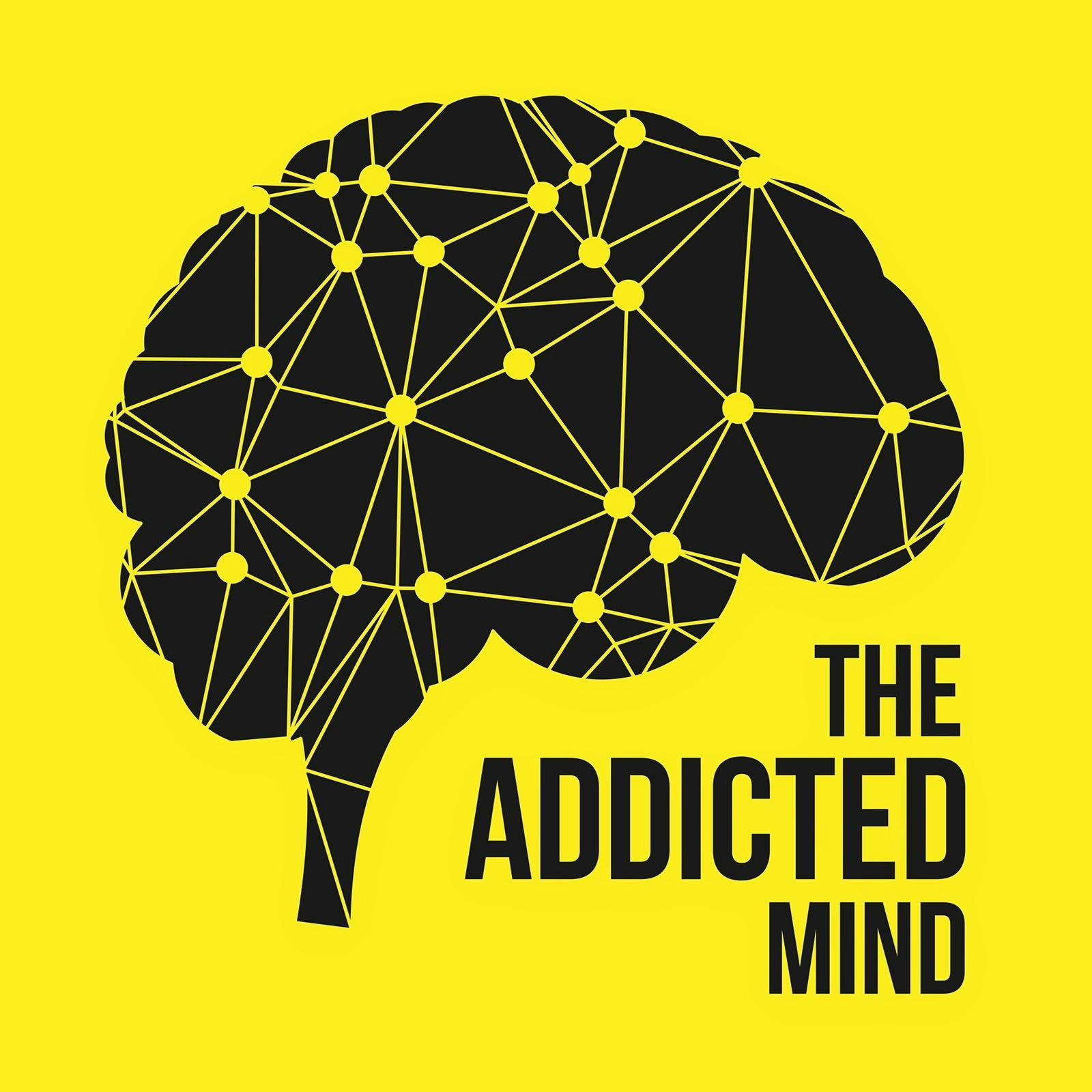116: The Addicted Child with Richard Capriola

A lot of times, parents out there have kids struggling with addiction and they don\u2019t know what to do or how to notice it. Unfortunately, adolescent addiction is oftentimes written off by a lot of parents because they think what they see as some crazy teenage behavior is just a normal developmental issue \u2013 but that may not be the case.\xa0\nLet\u2019s add the fact that kids hardly tell their parents about their substance abuse for fear of being judged. And this becomes a huge motivator for them to shut down. How do we bridge this gap then?\nOn today\u2019s episode of The Addicted Mind Podcast, Duane talks with Richard Capriola, substance abuse counselor and author of the book The Addicted Child: A Parent's Guide to Adolescent Substance Abuse.\xa0\nWhether you\u2019re a parent with an adolescent kid struggling with substance or alcohol abuse, or you know someone whose kid is struggling from substance or alcohol abuse, or you suspect your kid is struggling with this issue because you\u2019re noticing some changes in their appearance, behavior, attitude \u2013 adolescent addiction isn\u2019t something you should be taking lightly.\xa0\nWhile addiction affects the child, it also affects the entire family system. And this is why the family has to be there throughout this whole process as well. They all should work together as a team to ensure a better outcome.\nIn this episode, you will hear:\n\nThe Addicted Child as a roadmap for parents and children struggling with substance abuse\n\nTwo differences between adult addiction and adolescent addiction\n\nTreatment for substance abuse among adolescents\n\nHow the family is involved in the treatment\n\nCommon reactions from parents\n\nThe importance of looking at the warning signs\n\nHow to lessen the possibility of addiction in your children\n\nKey Quotes:\n[02:58] - \u201cA lot of parents were surprised at the extent of their child's use of substances.\u201d\n[05:43] - \u201cFor a 14, 15, 16-year-old adolescent, their brain is still in the process of developing so putting alcohol or drugs into a developing brain runs at much higher risk of more serious consequences.\u201d\n[08:19] - \u201cThe motivation factor many times is to identify and then address the underlying issue that is really driving the child to use the alcohol or the marijuana.\u201d\n[09:04] - \u201cOnce you can move the discussion away from focusing on alcohol and drug abuse, then you've opened the door for them talking about what's really troubling them.\u201d\n[11:58] - \u201cThe addiction affects the child, but it also has effects on the entire family system as well.\u201d\n[16:06] - \u201cA lot of parents misinterpret the signals they're seeing\u2026 they tend to write it off as just being some type of developmental issue.\u201d\n[26:50] - \u201cLook beyond just the alcohol and drug use. There might be an underlying issue that needs to be treated as well.\u201d\n[28:05] - \u201cA large part of treatment involves not only addressing the alcohol and the drug use but teaching kids these coping skills.\u201d\nSupporting Resources:\nwww.helptheaddictedchild.com\xa0\nThe Addicted Child: A Parent's Guide to Adolescent Substance Abuse\nhttps://www.amazon.com/Addicted-Child-Parents-Adolescent-Substance/dp/1098327233\nEpisode Credits\nIf you like this podcast and are thinking of creating your own, consider talking to my producer, Danny Ozment.\nFind out more at https://emeraldcitypro.com\nLearn more about your ad choices. Visit megaphone.fm/adchoices